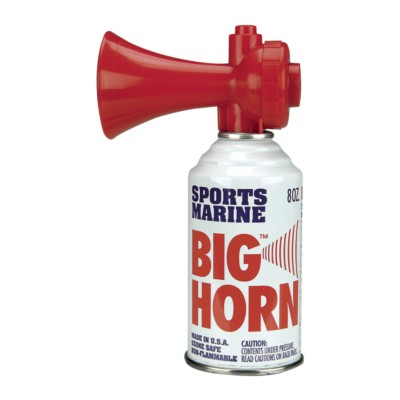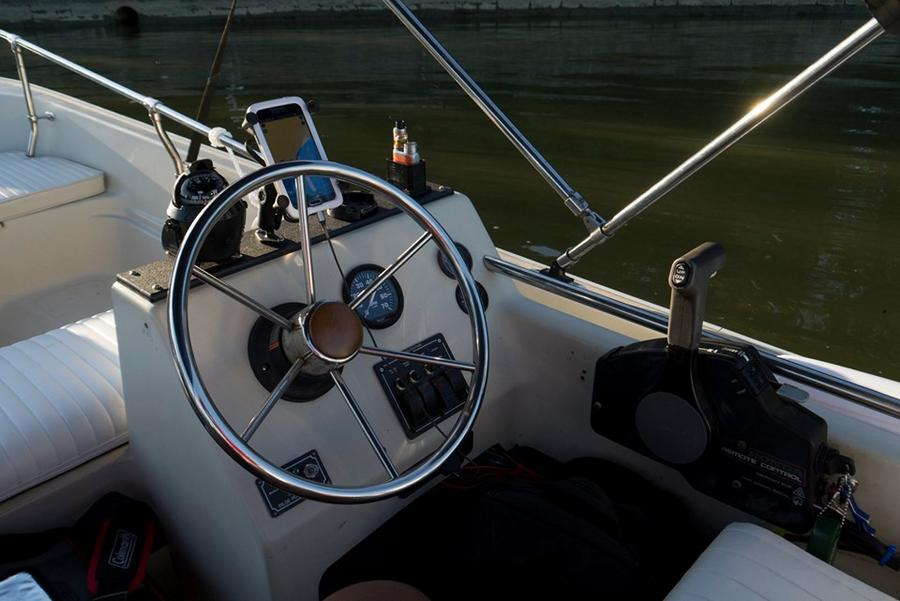One of the most overlooked and forgotten items for boating safety is a sound producing device. For small recreational boats, this typically takes the form of a whistle, often tied to your PFD, a stadium horn attached to a can of compressed air, or a built-in horn on your vessel.

Most casual boaters have never had to use this and do not understand that it is an important safety item. It needs needs come up more often you may expect. A story my friend Ed, an accomplished, humble, and experienced commercial captain told me comes to my mind. They were anchored with fishing lines out – the ‘stand on’ vessel, akin to having ‘right of way’ under collision rules. A sailing vessel who did not keep a proper watch came near them on a collision course. Ed quickly hailed them on the radio, and no one responded. Then he blew his whistle and had the crew wave their arms – no response. Finally, he got his big horn out and blasted a note, pointed right at the boat as they approached close. Someone on the sailing vessel finally looked up, and the boat maneuvered to quickly to avoid collision.
In this story, the sailing vessel had many layers of failures of seamanship to arrive at this situation. Firstly, although sailing vessels tend to be the stand on vessels when on a collision course with a power driven vessel, they did not realize that the vessel they were approaching had their anchor down and was not underway. In addition to failing to follow the ‘rules of the road’ for not ‘yielding’ to an anchored vessel, they failed to keep proper watch. Secondly, they failed to maintain a radio watch and did not hear Ed hailing them on the VHF radiotelephone. Lastly, they did not respond to multiple sound and visual signals. However, they eventually did the right thing – they were able to spot the anchored vessel after hearing the very loud horn and took action to avoid collision. Two things saved this from becoming a costly accident – the skipper of the sailing vessel did eventually pay attention, and Ed carried the proper sound signaling devices.

Most of us are safe boaters, but its easy to overlook items like a sound signaling device, especially because we may think our voices can do the job. Our voices don’t cut through ambient noise like we may think! Although this item is indeed required by US Coast Guard regulations, its also simply a smart thing to have onboard and within your reach. Let’s practice safe boating, and whether you are a professional mariner or a recreational boater, take pride in your seamanship!
-Captain Jerry Lee, Reflections DC boat charters
www.reflectionsdc.com